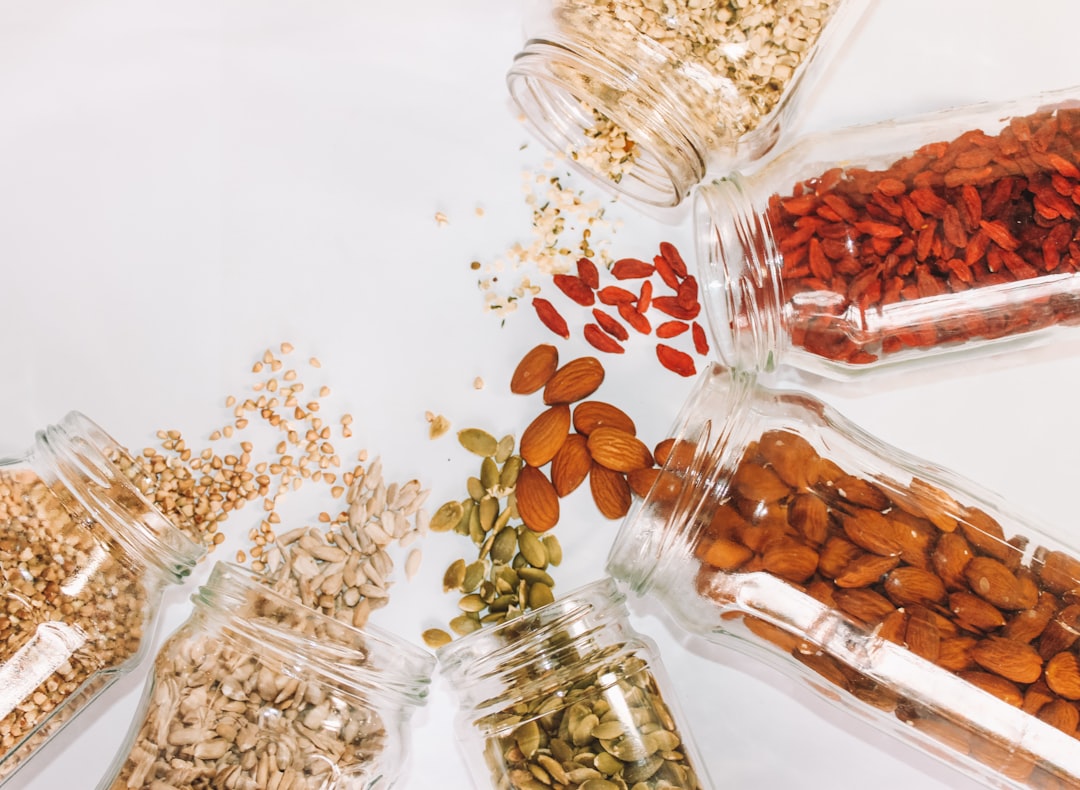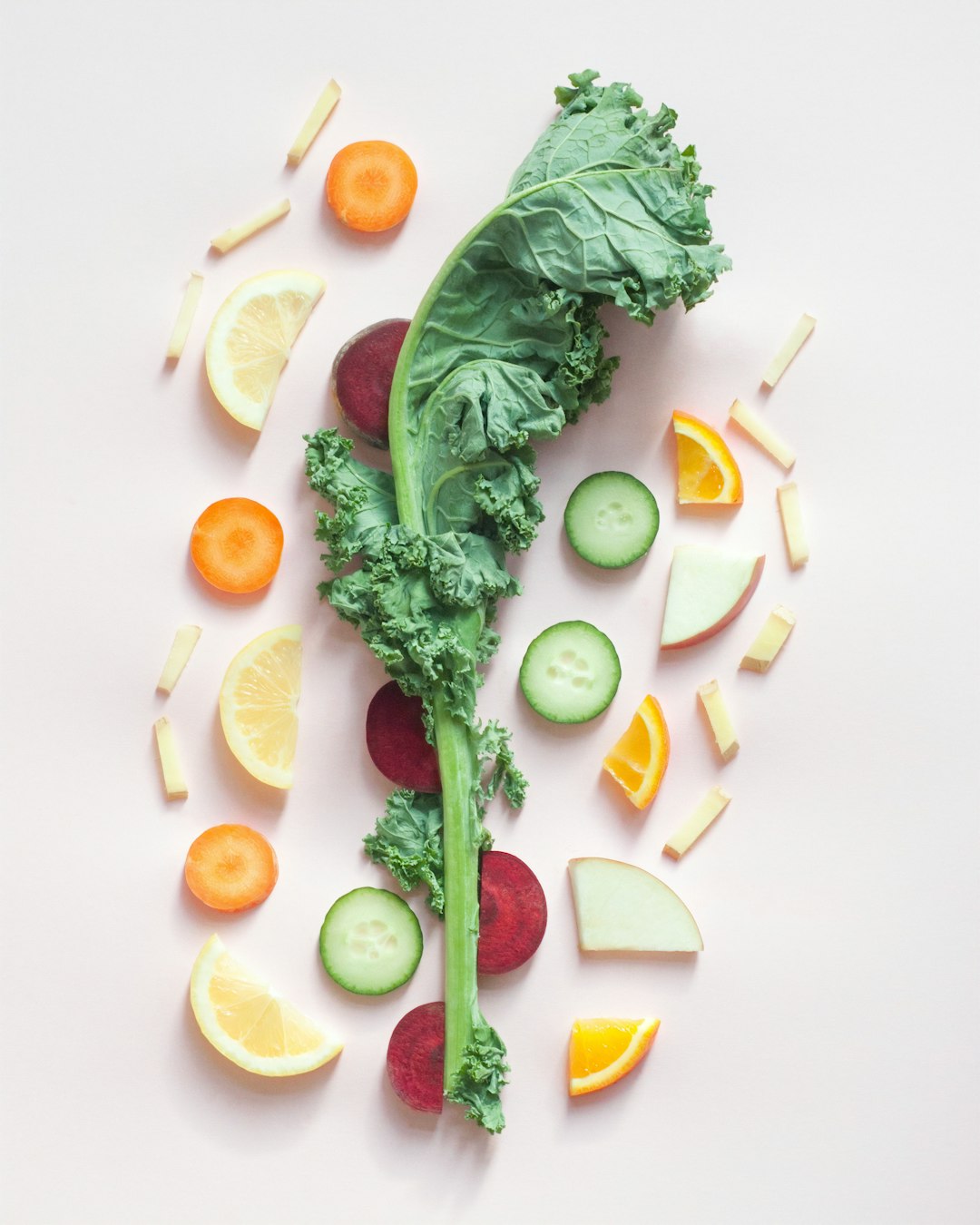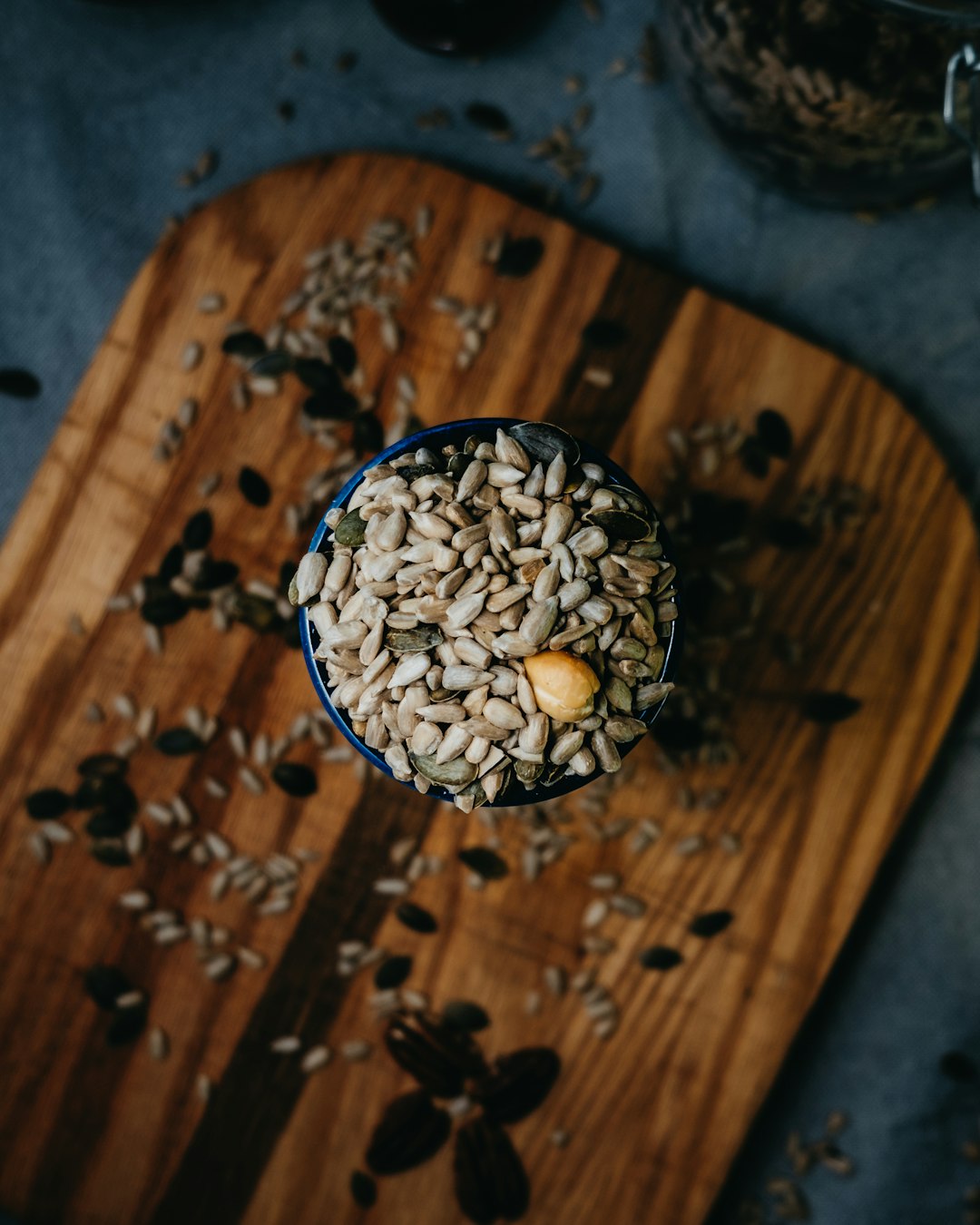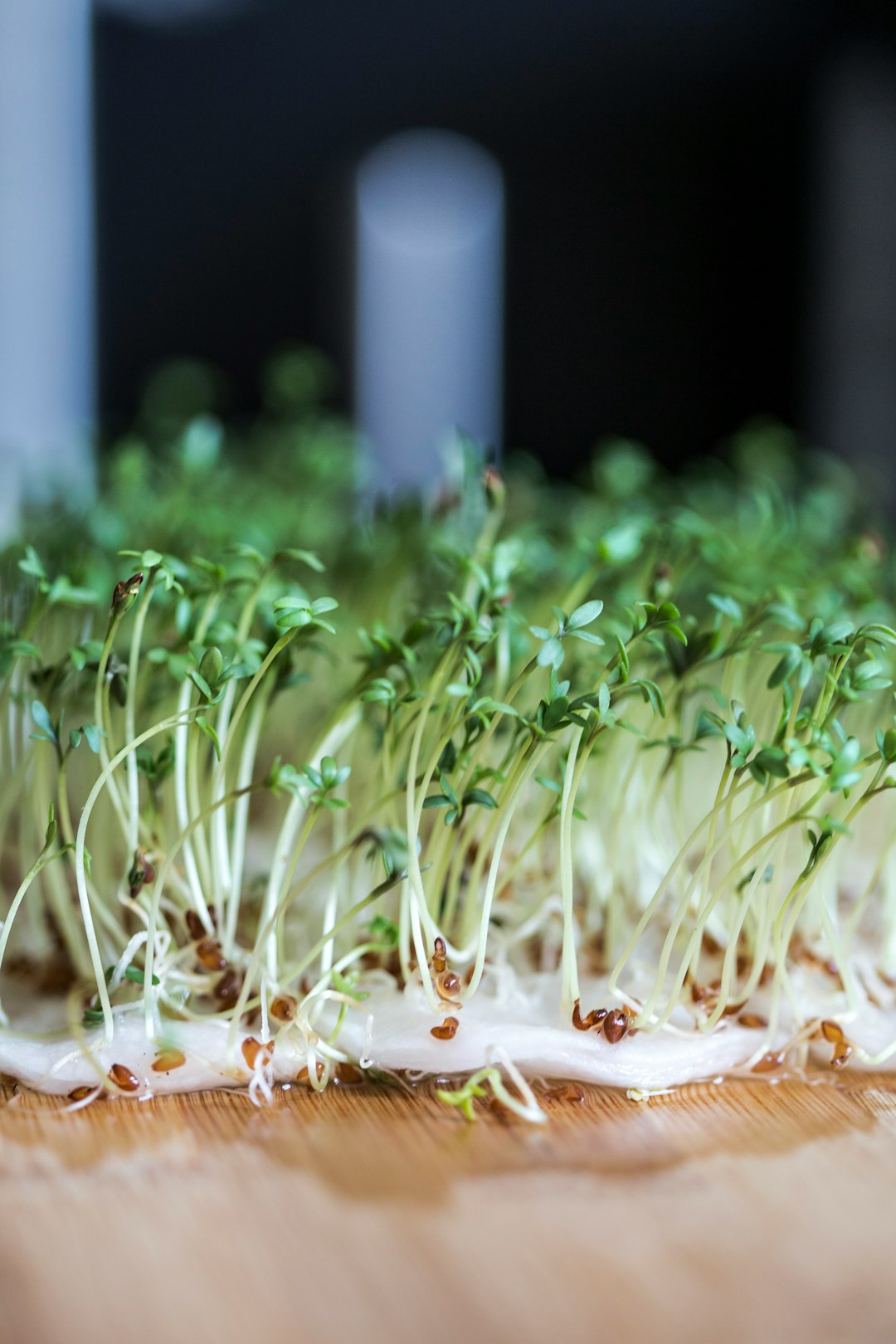Organic Buckwheat Whole Flour (Non-GMO, Bulk)
- Certified Organic by A Bee Organic
- Certified Kosher by Union of Orthodox Jewish Congregations of America
- Suitable for Vegetarians
- Suitable for Vegans
- Non-GMO
About the product:
- AMAZINGLY RICH FLAVOR: Organic buckwheat flour tastes fantastic and will make any recipe more special.
- GLUTEN-FREE AND ORGANIC: Food To Live Organic Buckwheat Flour is safe for any diet and free from toxins.
- WHOLE GRAIN BENEFITS: Our Organic Buckwheat Flour gives you a boost of fiber and proteins.
- HIGH MINERAL CONTENT: Whole buckwheat flour contains 5mg of iron in a cup as well as zinc, manganese, and magnesium.
- GREAT FOR CREATIVE BAKING: Adding organic buckwheat flour to baked goods can enhance their flavor and texture.
Food To Live Organic Buckwheat Flour for Your Table
Organic Buckwheat Flour is an excellent addition to your pantry collection of healthy foods. It’s rich in nutrients, especially iron, low-calorie, and very delicious. Anything made with buckwheat flour is sure to be tasty. And this ingredient will boost the ‘healthiness’ level of any dish.
Food To Live Organic Buckwheat Flour is milled from whole seeds. This means that it has the maximum of the natural nutrients contained in them. Our product is certified organic, non-GMO, and completely free from toxins. We guarantee a high quality of all our goods and do our best to deliver them to you quickly and efficiently.
What Is Organic Buckwheat Flour?
Buckwheat flour is produced the same way as any other flour. This means that specialized equipment grinds whole seeds of the buckwheat plant into a fine powder. At Food To Live, we don’t add anything to the final product in order to ensure all natural benefits the food has to offer.
Buckwheat has been cultivated for millennia. Some archeological findings show that it has been eaten in Southeast Asia as far back as 6000 B.C. This grain played an important part as a food staple in many cultures around Asia. Today it’s popular all over the world due to its great flavor and high nutritional content.
Types of Organic Buckwheat Flour
There are several types of buckwheat flour available in stores and each has its pros and cons:
· Organic whole grain buckwheat flour is highly nutritious, but it also makes the dough ‘heavier’. This makes your baked goods or pancakes as bit chewier.
· Organic sprouted buckwheat flour has more of some nutrients because sprouting ‘unlocks them in the seed. However, it loses some of the important elements in the process of drying. It’s also more expensive because it’s harder to produce.
· Light buckwheat flour, also known as white buckwheat flour, is produced using hulled seeds. Therefore, it’s less nutritious than the whole grain variety. If the product is bleached artificially, it might contain potentially toxic chemicals.
-----------------------
Is Organic Buckwheat Flour Healthy?
Organic buckwheat flour is one of the healthiest types of flour you can find. This grain is great for you because it’s rich in nutrients, antioxidants, and fiber. You’ll get 3 grams of dietary fiber from ¼ cup of flour and only 100 calories.
This product can fit nicely into a healthy diet and you can include it in many recipes. As the flour is low in fat and rich in fiber, it’s good for the heart. It will also help enhance a weight management diet. In fact, you can enjoy treats made from this grain on any diet and it’s one of the least allergy-inducing foods. It’s also very easy to digest compared to other whole grains.
Buckwheat is generally popular with athletes and bodybuilders because it’s low in calories and fats, but high in protein. So, if you want to reshape your body, including this grain into your meals more often will be a good idea.
Is Organic Buckwheat Flour Gluten-Free?
Organic buckwheat flour is naturally gluten-free and therefore safe for people suffering from any form of sensitivity to this protein. However, it’s not a common ingredient in gluten-free baking mixes. The reason for this is that buckwheat has a rich natural flavor.
It’s delicious, so the grain itself is popular. However, most pre-made gluten-free baking mixes try to emulate regular wheat all-purpose flour to the maximum. This means that manufacturers can’t go for enhanced flavor and thus, exclude buckwheat altogether.
Therefore, you’ll have to make organic gluten-free buckwheat flour mix yourself. Combine it with rice or bean flours as they go well together.
Organic Buckwheat Flour: Nutrition Value
The main reason why organic buckwheat flour is good to have in your diet is because it’s rich in nutrients. Vegans, in particular, can benefit from it greatly, because one cup of this product contains almost 5 mg of iron. It’s about a quarter of the recommended daily amount for an average adult. This flour also gives you varied amounts of:
- · Magnesium;
- · Calcium;
- · Phosphorus;
- · Zinc (almost as much as iron);
- · Copper;
- · Manganese;
- · B vitamins.
---------------------
Whole Grain Buckwheat Flour in Your Kitchen
Organic buckwheat flour has many uses and you’ll definitely enjoy exploring new recipes. The rich flavor of this gluten-free ingredient means that it can change even the recipes you use all the time. Therefore, be sure to try adding it to pancakes, crepes, scones, bread, and cookies.
You can also include it in sauces and soups as a thickener. This will affect the taste, so try the dish before adding any spices and other seasonings.
Due to its high content of protein, fiber, and essential minerals, adding a spoonful of whole grain buckwheat flour to your sports drink might be a good idea. At the least, it will give some flavor to regular protein mixes.
Note that organic buckwheat flour is highly fibrous. This means that it will ‘behave’ differently to regular wheat flour in recipes. Usually, it’s best to combine it with all-purpose flour in various proportions. 50-50 works best for pancakes and 25-75 is the way to go for any baked goods if you want them to be fluffy.
You can also try making traditional Japanese soba. This type of noodles made from buckwheat flour tastes amazing with vegetables and in spicy soups.
How to Use Organic Buckwheat Flour for Baking
Baking with organic buckwheat flour can be tricky. You might need to try a few times before you work out the necessary proportions. Usually, it’s best to follow the recipe to the letter or even use a little bit more all-purpose flour. Otherwise, your bread/bun/scones/muffins might turn out unpleasantly ‘dense’.
Using a 100% organic gluten-free buckwheat flour in baking is nearly impossible. Combine it with rice flour and add a generous helping of starch or guar gum. The extra starch is necessary to make sure your baked goods don’t turn out too crumbly. However, be careful not to overdo it as this might lead to an opposite problem.
In general, baked goods that include organic buckwheat flour will be a bit chewier than those made of wheat. This is caused by the fact that buckwheat absorbs more moisture.
---------------------
Buckwheat Flour Chocolate Chip Cookies Recipe
Ingredients:
- · 1 cup organic buckwheat flour
- · ¾ cup white whole wheat flour
- · ½ cup butter (or a vegan substitute)
- · 1 egg (or a vegan substitute)
- · ¼ cup white sugar
- · ¾ cup brown sugar
- · 1 tablespoon vanilla extract
- · ½ teaspoon salt
- · 1 teaspoon corn starch
- · ¼ teaspoon baking soda
- · ½ teaspoon baking powder
- · 1 cup bitter chocolate chips
Instructions:
1. Whisk together sugars and butter using a mixer.
2. Add egg or its substitute and vanilla extract before mixing some more.
3. Sift all dry ingredients together before carefully combining them with the wet. Mix thoroughly to prevent clumps.
4. Once the cookie dough is ready, fold in chocolate chips and start spooning the cookies onto a baking sheet. Cover the sheet with oiled parchment before placing cookies.
5. Preheat the oven to 350F and bake your buckwheat flour cookies for about 10 minutes.
These cookies will look a bit underdone when you take them out of the oven. It’s completely normal as they would be tastier this way. Let them cool completely before removing from the sheet.
Depending on the types of vegan substitutes you use, you might need to adjust proportions. Experimentation is the best way to achieve this. The same goes for replacing wheat flour with a gluten-free option.
How to Store Whole Grain Buckwheat Flour
Whole buckwheat flour is more nutritious, but it also contains the oils from the outer layers of the seed. This means that the best place to store it is the fridge. This way, you will ensure the product doesn’t go rancid.
However, storing it in a cool pantry for a few months is also acceptable. The most important thing is to keep Organic Buckwheat Flour from Food To Live completely dry. Store it in an airtight container and double-check the lid every time after you use the product.
It’s also important to put all your flour packages away from direct sunlight and heat. Exposure to them will speed up the process of nutrient breakdown. With whole grain buckwheat flour, heat might make it rancid.













